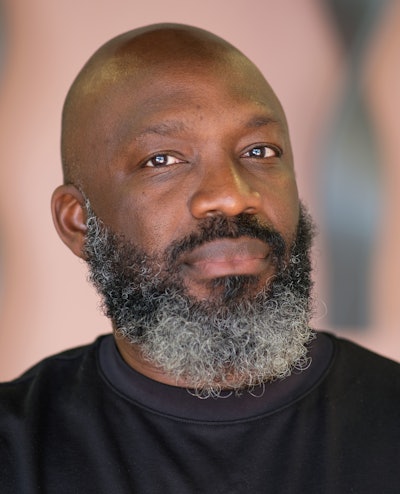At a time in academia when STEM is increasingly evolving into STEAM, colleges and universities with intensely driven, career-focused students are endeavoring to create space for arts education. Some students envision careers in art, music, or performance, while others see the value of the arts within the context of different career paths.
STEM (science, technology, engineering, and mathematics) is expanding into STEAM, with the addition of art.
 Eto OtitigbeAnthony Artist
Eto OtitigbeAnthony Artist
Artistic inspiration
While in the past the arts often have been on the margins at HBCUs, they have always existed, said Dr. Maisha S. Akbar, professor in the College of Arts and Sciences at Fort Valley State University, an HBCU institution in Georgia. Akbar, who teaches in the department of arts and communication, sees it as a vital means of communicating. There are also the technical and aesthetic sides of art.
“Students and faculty find a way to produce creatively, even if it’s not formal,” said Akbar. “The creative impulse and the tradition are born out of a need. When you’re forced to do more with less, that is innovation and creativity. … It’s also the critical cultural studies tradition.”
Akbar’s personal project is BlackPlayBook, which seeks to re-vision “black play” as cultural production that counters gender, race and class-based oppression. BlackPlayBook performs within a womanist/Black feminist tradition on a “play-ground” of Black performance, scholarship and activism, which she shares with her drama students. “We practice theater as scholarship, as performance and as activism,” Akbar said.




















